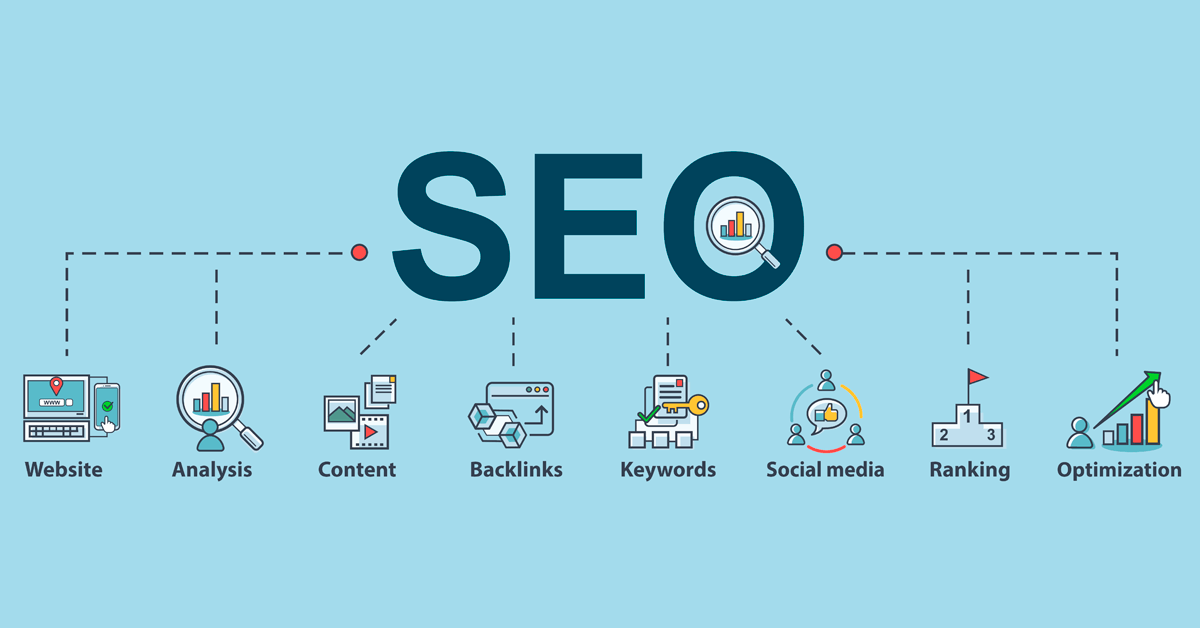
"SEO" redirects here. For other uses, see SEO Part of a series on
Internet marketing
Search engine optimization
Local search engine optimisation
Social media marketing
Email marketing
Referral marketing
Content marketing
Native advertising
Search engine marketing
Pay-per-click
Cost per impression
Search analytics
Web analytics
Display advertising
Ad blocking
Contextual advertising
Behavioral targeting
Affiliate marketing
Cost per action
Revenue sharing
Mobile advertising
vte
Search engine optimization (SEO) is the process of improving the quality and quantity of website traffic to a website or a web page from search engines.[1] SEO targets unpaid traffic (known as "natural" or "organic" results) rather than direct traffic or paid traffic. Unpaid traffic may originate from different kinds of searches, including image search, video search, academic search,[2] news search, and industry-specific vertical search engines.
As an Internet marketing strategy, SEO considers how search engines work, the computer-programmed algorithms that dictate search engine behavior, what people search for, the actual search terms or keywords typed into search engines, and which search engines are preferred by their targeted audience. SEO is performed because a website will receive more visitors from a search engine when websites rank higher on the search engine results page (SERP). These visitors can then potentially be converted into customers.[3]